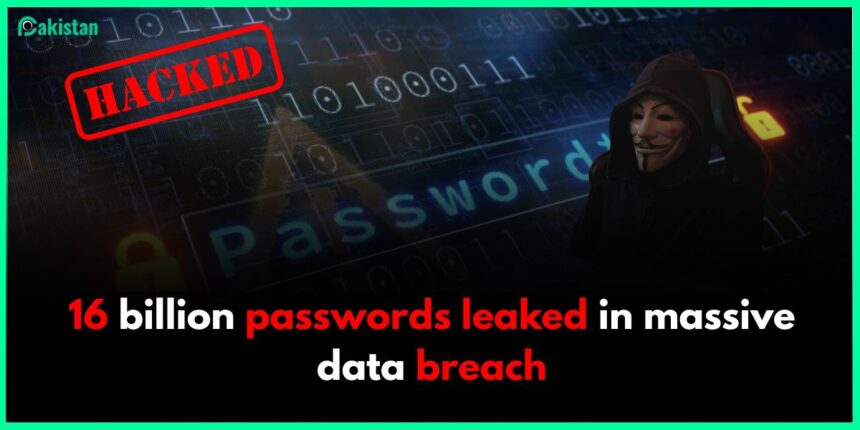Over 16 billion login credentials, including usernames and passwords, have been found online. Cybersecurity experts say this is the biggest password leak in history. This huge breach comprises both past dumps that have been used again and data that was obtained lately.
What went wrong?
Cybernews researchers found 30 distinct datasets, each with tens of millions to over 3.5 billion login records. In total, there were 16 billion entries. These were gotten by infostealer malware, which is a type of bad software that quietly steals saved passwords from affected devices.
What makes this instance different is that almost all of the data is new and may be used as a weapon, not merely prior breaches that have come back. That makes the threat level go way up.
Who is affected?
The hacked credentials contain information from, apparently, numerous services including Apple, Facebook, Google, and Telegram, developer portals, VPNs, and government websites. Cybercriminals can use this type of information to do phishing via duplicate apps, account takeovers, and identity theft.
Experts can’t say for sure how many people are affected, but there are probably a lot of them. With 16 billion credentials, the damage may be huge.
Official Answer
Big IT businesses are doing something:
Google has told billions of people to change their passwords and use passkeys instead.
The FBI has cautioned consumers whose accounts have been hacked about fake SMS messages and phishing efforts.
Experts in cybersecurity say that immediate action is needed:
Change all of your passwords, but especially for important accounts.
Make and save strong, unique passwords with a password manager.
Whenever you can, turn on multi-factor authentication (MFA).
Be on the lookout for strange emails, links that look fishy, or accounts that act in ways you didn’t expect.
What Makes This Breach Different
This leak is different from others because it includes 30 datasets from different sources that were put together in secret. Hackers can use them right away because they are new and well-organised. These credentials are called a “blueprint for mass exploitation” since they give “weaponizable intelligence at scale.”
How to stay protected
Change your password for as many accounts as you can, this includes your email, bank over social accounts
Never, ever reuse passwords between accounts
You could also set-up MFA for even better protection over your accounts
Remove Malware with reputable antivirus software.
Be cognizant of phishing, some of these criminals use your true information to impersonate you.
People that use password managers with long passphrases and MFA, do not fall victim of these common attacks.
Last Thoughts
It is unusual and dangerous to have 16 billion credentials exposed. It shows how important it is for people and businesses to improve their password hygiene and use layered protection. Today is the day to check your digital safety if you haven’t done so in a while. It all depends on your account security: your online identity, money, and data.










